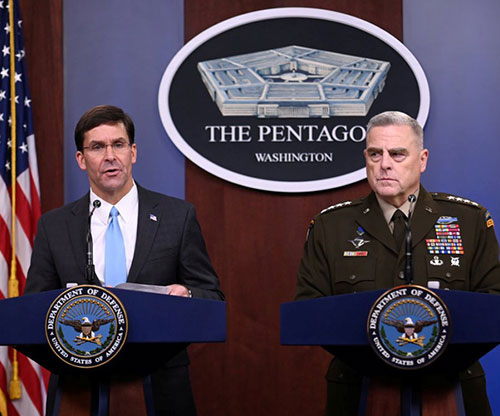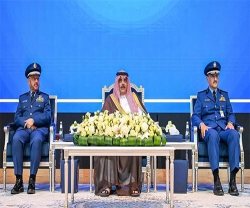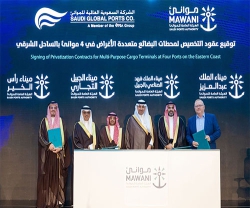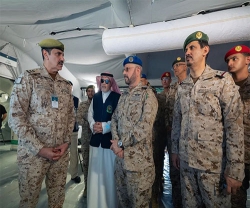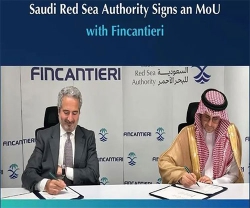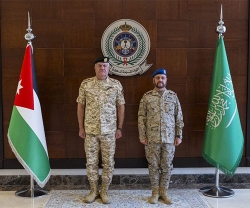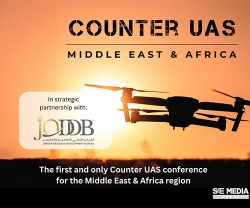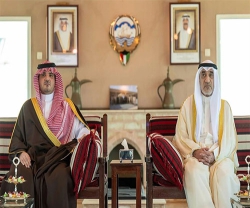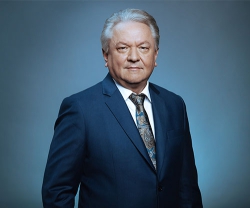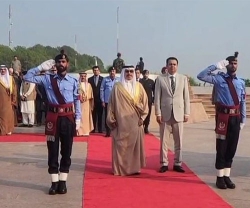The U.S. Department of Defense (DoD) announced on Friday the deployment of additional American military forces to Saudi Arabia to bolster the Kingdom’s defenses after the September 14 attack on its oil facilities, which Washington and Riyadh have blamed on Iran.
U.S. Defense Secretary Mark T. Esper and General Mark A. Milley, Chairman of the Joint Chiefs of Staff (photo), spoke to reporters on this decision at the Pentagon.
Chief Pentagon Spokesperson Jonathan Hoffman made the following statement:
“At the request of U.S. Central Command, Secretary of Defense Mark Esper authorized the deployment of additional U.S. forces and the following equipment to the Kingdom of Saudi Arabia:
Two Fighter Squadrons
- One Air Expeditionary Wing (AEW)
- Two Patriot Batteries
- One Terminal High Altitude Area Defense system (THAAD)
Secretary Esper informed Saudi Crown Prince and Minister of Defense Muhammad bin Salman this morning of the additional troop deployment to assure and enhance the defense of Saudi Arabia,” Hoffman said.
“Taken together with other deployments this constitutes an additional 3,000 forces that have been extended or authorized within the last month.
Since May, the Department of Defense has increased the number of forces by approximately 14,000 to the U.S. Central Command area of responsibility as an investment into regional security.
As we have stated, the United States does not seek conflict with the Iranian regime, but we will retain a robust military capability in the region that is ready to respond to any crisis and will defend U.S. forces and interest in the region,” Hoffman added.
In another development, the Royal Navy of Saudi Arabia continues to carry out the joint naval drills “Bridge 20” and “Amwaj 4” simultaneously in the waters of the Arabian Gulf, the Saudi Press Agency (SPA) reported.
The drills began on Sunday 06 October in the Eastern Fleet with the participation of the Royal Saudi Air Force and the Royal Saudi Air Defense Force, represented by the Fifth Air Defense Group, and Bahraini Royal Navy in the Arabian Gulf.
The drills are aimed at countering terrorist operations on petroleum facilities, protecting regional waters in the Arabian Gulf, and enhancing cooperation and coordination among the branches of the armed forces.
Rear Admiral Ibrahim bin Mohammed Al-Balawi said that the participating forces carried out a number of drills, including bilateral exercises for Marines focused on the control of checkpoints and storming of built-up areas and the protection of convoys while crossing the built-up areas, in addition to bilateral drills for the special forces focused on training on beach reconnaissance, raiding coastal targets and clearing an offshore oil platform from a hostile group.

